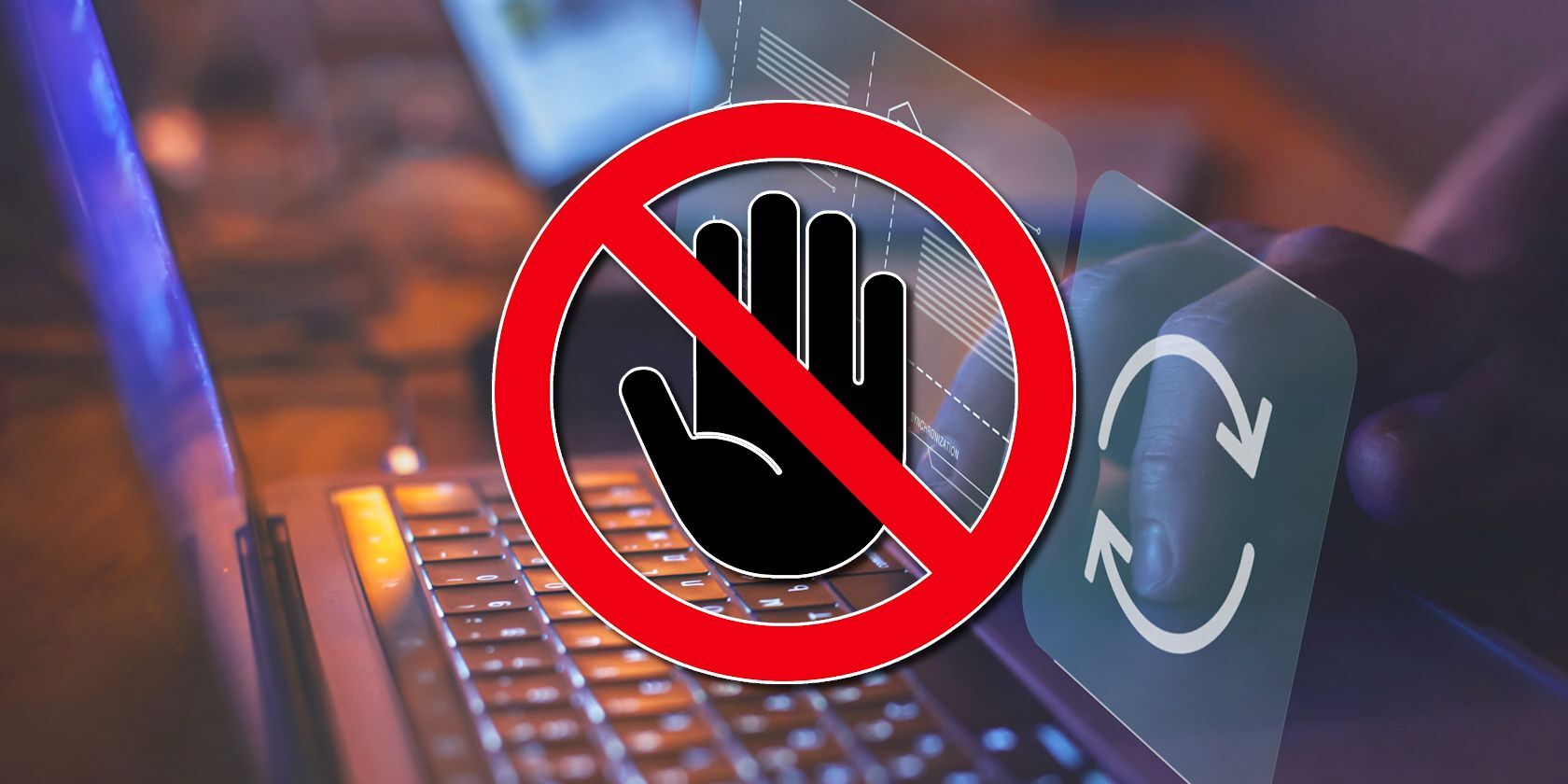When you buy a new PC—whether a high-end gaming device or an entry-level laptop—you expect it to be clean from the start. However, Windows 11 typically comes with at least a few unwanted pre-installed apps, called bloatware. How should you remove bloatware from your PC?



We’re they fined? I heard they were penalized with <checks notes> nothing. And boy, did they learn a lesson.
Yikes… I remembered them being forced by the government to do stuff. I just read about the outcome again and it’s so fucked up… Yeah you are right:
https://en.m.wikipedia.org/wiki/United_States_v._Microsoft_Corp.
So yeah, they agreed to do some stuff temporarily, for the appearance that something was done. They should have been fined a LOT and also forced to allow uninstallation of IE WITHOUT A FUCKING EXPIRATION DATE